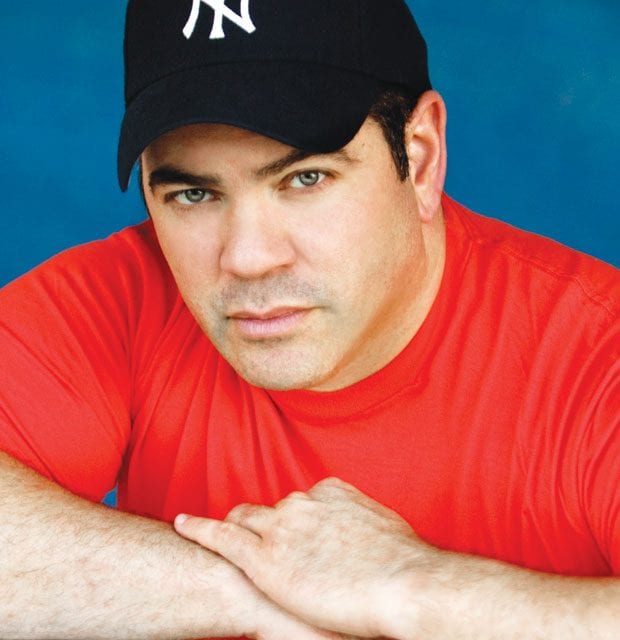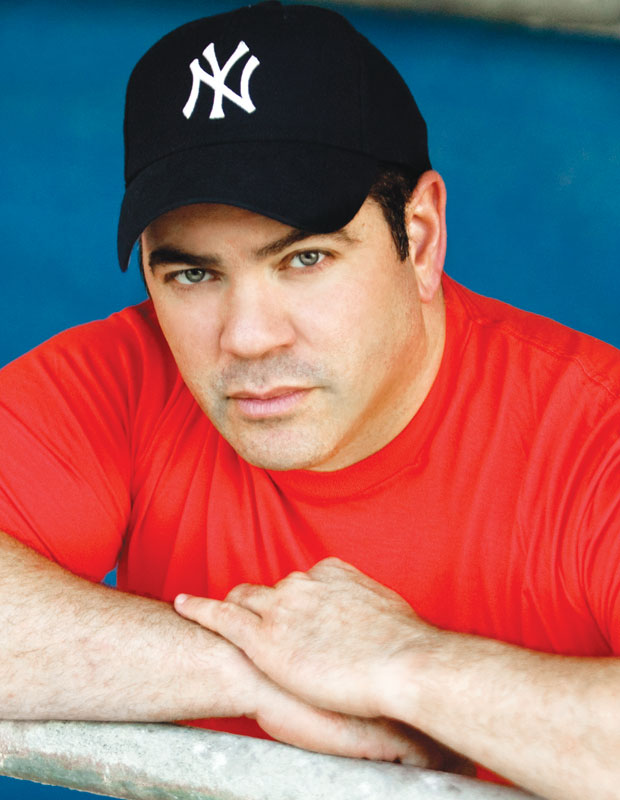DJ Abel returns (finally) to Dallas to headline Purple Party’s opener, Ignite
SCOTT HUFFMAN | Contributing Writer
lifestyle@dallasvoice.com
Abel Aguilera, professionally known as DJ Abel, has been a circuit party fixture and top tier club DJ for nearly two decades. But as much as anything, he considers himself a teacher, passing along gay culture’s exceptional dance music tradition — both through his booming live sets and his frequently released podcasts.
“I just feel that it’s my duty to educate my crowd,” says Aguilera, who lives in Miami. “I want them to hear our history. It’s a culture that we have. Our nightclubs are not just nightclubs where you meet and dance. There is a culture to it, just like [with] fashion.”
Aguilera also dispels a common misconception that the DJ’s job is an easy one. “[People] don’t realize how much work goes into a night,” he says, recounting the number of overnight hours he spends scouring the Internet in search of each week’s best new releases. “You have to dig through so much crap!”
Aguilera’s live sets are stylistically broad, and his signature sound defies a tidy label.
“I probably describe it easily as a progressive, tribal, vocal house,” he says. “It’s hard to say a particular name. I don’t want to call myself a tribal DJ, because I’m not just pots and pans. Progressive house is the most common word to use.”
Descriptive eloquence aside, proof that Aguilera’s musical brand works is in the dance floor’s enthusiastic reaction. At Ignite, Friday night’s event kicking off Purple Party Weekend (see sidebar of events, Page 30). Aguilera promises to excite the crowd with some brand new tracks.
“I will be premiering the new Martha Wash remix,” he says. “It’s called ‘I’m Not Coming Down.’ It’s a Rosabel remix. I will be premiering Rosabel’s new single with Jeanie Tracy called ‘Stand Strong.’ I’m also going to premier a new Yoko Ono remix called ‘Angel.’”
Under the moniker Rosabel — a crafty blending of names with Aguilera collaborator and longtime friend Ralphi Rosario — the dynamic duo has remixed chart-topping tracks from, among others, divas Gloria Estefan and Donna Summer. For their remix of popstar Rihanna’s “Only Girl (In the World),” Rosabel received a 2012 Grammy nomination. Rosabel also issues its own productions featuring artists like Jeanie Tracy and Tamara Wallace.
“Cha Cha Heels,” a single released in 2004, is the Rosabel production of which Aguilera is perhaps proudest. The two were in the studio to remix a love-themed CeCe Peniston track. However, each was emerging from a bad relationship at the time, and neither was up for the task at hand.
“Fuck this shit. I don’t want to hear the word love,” Aguilera recalls saying. “We threw it out. I wanted something with balls that people will rip their shirts off to and go nuts.” So they recycled some leftover beats and inserted some playful ad-libs from a previous studio session with Jeanie Tracy. “Cha Cha Heels,” a No. 1 track, was born.
“It was an instant hit with no touch-ups, no edits, nothing. The way you hear it is the way it came out day one. You never forget moments like that, ever.”
Jokingly describing his relationship with Rosario as a sisterhood, Aguilera is quick to credit Rosabel’s success to their strong personal connection. “Our friendship is No. 1,” he says. “That’s the secret with partnerships in any business. When you are making music, that is the biggest secret: knowing who your partner is.”
Recently, Aguilera and Rosabel formed Cha Cha Boom, their own record label. Distributing Rosabel’s original productions through the label allows Aguilera and Rosario to maintain the quality of music they feel that the artists and their fans deserve. “There are only a handful of people who are keeping our culture standard,” Aguilera surmises.
Although he has cataloged numerous achievements, Aguilera has no intention of slowing his pace.
“I’m still not tired,” he says. “I don’t think I will be tired. I will be tired the day they take me away from this. I want to make a difference. I want to bring it back to what it used to be when you looked forward to going out. That’s what I would love. That’s how we made our culture.”
Besides, Aguilera enjoys the sense of pride he derives from accomplishment. “The most rewarding [feeling] is when you know you did a good job,” he says. “When you get applause or a cheer or when people say thank you for what you have done. It is rare today to hear somebody say thank you. When you hear it, you get a little teary.”
This article appeared in the Dallas Voice print edition May 9, 2014.


